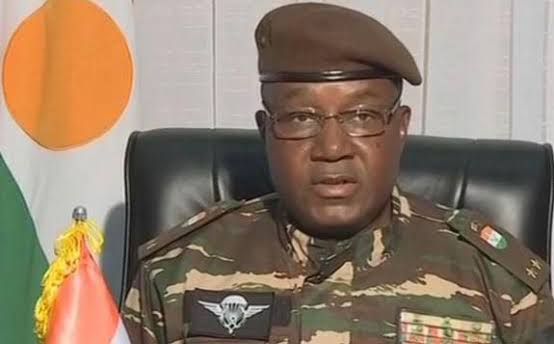Niger Coup Crisis Escalates as Military Detains 180 Former Government Members, ECOWAS Ultimatum Issued
In the aftermath of last week’s coup in Niger, the country’s new military rulers have reportedly detained over 180 members of the former democratically elected government. Among the high-profile figures arrested are Energy Minister Mahamane Sani Mahamadou and Mines Minister Ousseini Hadizatou, according to statements from the ousted ruling party.
The arrests have drawn strong condemnation from the opposition and the international community. PNDS spokesman Hamid N’Gadé denounced the “abusive arrests,” labeling the military’s actions as “repressive, dictatorial, and unlawful.”
General Omar Tchiani, who declared himself the new ruler after leading the coup that ousted President Mohamed Bazoum, has dissolved all constitutional institutions. The swift and dramatic change in leadership has shaken the country’s status as a beacon of democracy in the Sahel region, which is already grappling with the effects of Islamist terrorism.
Also Read Stella Damasus Biography: A Journey through Fame, Marriage, Motherhood, and Ageless Talent
Niger coup update and International Communities.
The coup’s international repercussions have been swift. ECOWAS, the Economic Community of West African States, has issued a one-week ultimatum to the coup leaders, demanding the reinstatement of President Bazoum or face possible forceful intervention.
However, neighboring Burkina Faso and Mali, both ECOWAS members themselves, have warned against such actions, citing concerns about destabilizing the entire region.
The European Union has expressed its support for ECOWAS’ measures, with foreign affairs chief Josep Borrell affirming President Bazoum as the sole recognized head of state. The EU’s stance emphasizes its commitment to upholding democracy and the rule of law in the region.
As the situation remains fluid, the international community closely watches developments in Niger. The coup and its aftermath have raised grave concerns about the country’s political stability and potential implications for regional security.









